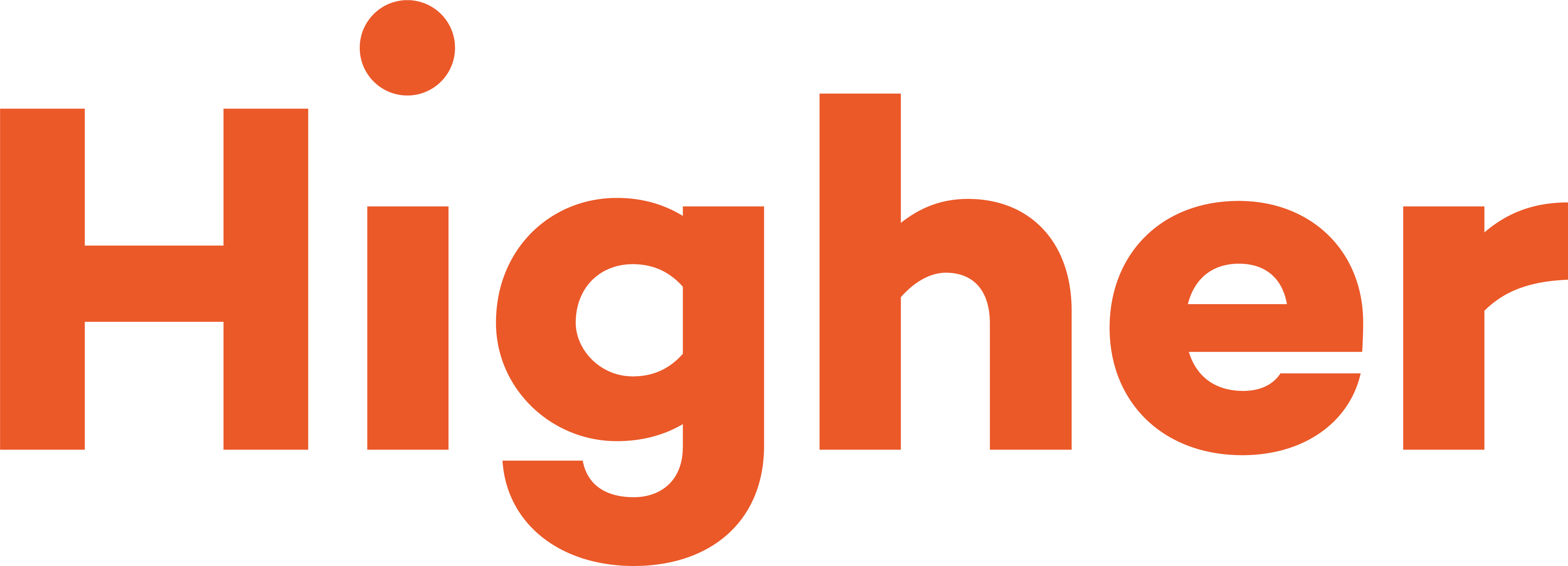When it comes to finding the right candidate for a position, it’s easy to focus on the more obvious parts of the recruitment process, such as interviews and skills tests. However, one aspect that’s sometimes overlooked but incredibly important is reference checking. For recruiters, this is one of the final but most crucial steps in the process. Knowing how to approach reference checking and what to look for can be the difference between a successful hire and a bad one.
Why is Reference Checking Important in the Recruitment Process?
Reference checking allows the recruiter to get an objective view of the candidate from someone who has worked with them in the past. It can validate the image the candidate has presented during interviews and tests. Additionally, references can provide insight into areas not always captured through other methods, such as work style, collaboration skills, and handling pressure.
Even if a candidate seems perfect on paper and performs well in interviews, a reference can reveal details that either confirm or challenge those impressions. Skipping this step can be a risky strategy for companies.
When is the Right Time to Check References?
Reference checking should not occur too early in the process. It’s recommended to wait until you have one or two final candidates before reaching out to their references. Doing it too soon can waste time and resources for both you and the references. Additionally, it may feel uncomfortable for the candidate if their current employer is contacted before a concrete job offer is on the table.
Another key point is not to rely solely on references. They should be viewed as part of the bigger picture, alongside interviews, tests, and other impressions.
How to Choose the Right References
As a recruiter, it’s important to recognize that candidates often choose references they know will give them positive recommendations. This is natural and understandable, but as a recruiter, you should try to balance this potential bias by requesting references with a direct, close professional relationship to the candidate.
Here are some examples of references that can provide valuable insights:
- Former Managers: These references can provide insight into the candidate’s ability to work independently, follow instructions, and perform under supervision.
- Colleagues: A colleague can offer information about the candidate’s teamwork skills and how they function in a group.
- Subordinates: If the candidate has held a leadership role, subordinates can give a picture of the candidate’s leadership style and ability to inspire and lead others.
- Clients or External Partners: These references can be especially useful if the candidate has worked in a role involving significant customer contact.
What Questions Should You Ask During a Reference Check?
When contacting a reference, it’s important to prepare relevant questions that will help paint a fair picture of the candidate. Here are some examples of useful questions:
-
How would you describe the candidate’s work ethic?
This question can provide insight into the candidate’s commitment, sense of responsibility, and willingness to put in extra effort when needed. -
How does the candidate handle stressful or high-pressure situations?
Workplaces can be stressful, and it’s crucial to know how the candidate performs under pressure. A reference can provide examples of specific situations where the candidate handled stress. -
How does the candidate function in group collaborations?
A large part of work involves teamwork. It’s important to know if the candidate works well with others or if there could be challenges. -
How would you describe the candidate’s communication skills?
Communication is a fundamental skill in most workplaces. A reference can provide an idea of how well the candidate communicates with supervisors, colleagues, and external parties. -
What are the candidate’s greatest strengths and areas for development?
This question offers a balanced view of the candidate’s key strengths and where they may need support or growth. An honest reference will not only give positive feedback but also highlight potential weaknesses.
How to Interpret Responses from References
It’s important to remember that reference checking can be subjective. Sometimes, a negative reference doesn’t necessarily mean the candidate is unsuitable for the role but might reflect a personal conflict or a specific work environment. As a recruiter, it’s important to listen carefully and ask follow-up questions to contextualize the responses.
Also, be aware that some references may be reluctant to provide detailed feedback, especially if they work for larger companies with policies on limited information sharing. In these cases, it may be worth asking for general comments and focusing on what can be shared.
Ethics and Integrity
As a recruiter, you must always consider ethical factors when conducting reference checks. It’s important to treat the information you receive with respect and confidentiality. Avoid asking questions related to personal details that are not relevant to the job, and be clear that the reference’s feedback will be used to make a fair and informed decision.
Reference checking is a powerful tool in the recruitment process and can help ensure you make the best choice for your organization. By choosing the right references, asking thoughtful questions, and carefully interpreting the answers, you can get a more complete picture of the candidate, reducing the risk of a bad hire. It’s a process that requires time and attention to detail but can ultimately be crucial in finding the best person for the job.
Author: Nicklas Wikblad
Reviewer: Moa Jacobsson
-3.png)


